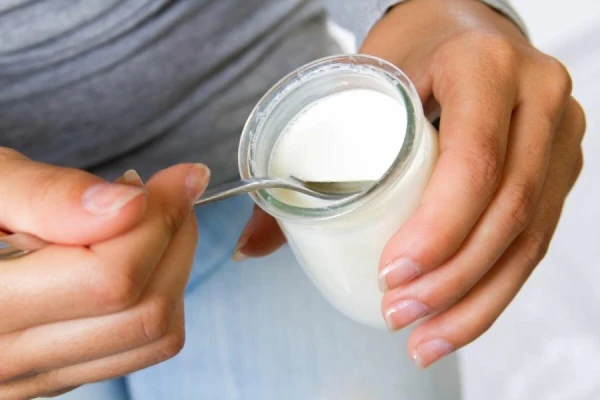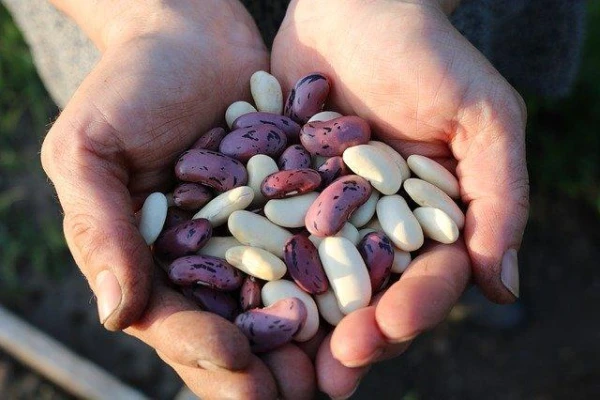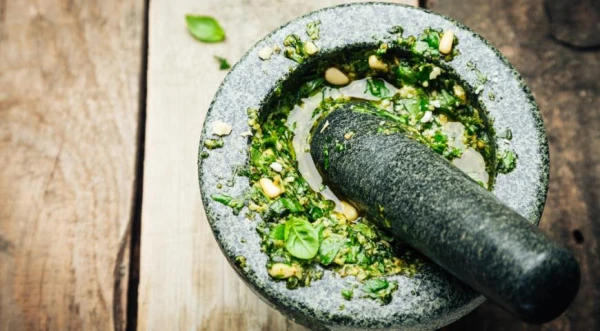
Carrots are one of the most accessible and beneficial vegetables that are often present in the diet. However, excessive consumption of carrots, like any other product, can be undesirable.
This was reported by Igor Sokolskiy, a candidate of pharmaceutical sciences and a specialist in phytochemistry.
Carrots contain a large amount of carotenoids, which are converted into retinol (vitamin A) in the body. This vitamin plays an important role in maintaining the immune system, reproductive function, vision, and metabolism. However, with excessive consumption of carrots, not all carotenoids are absorbed, which can lead to impaired liver function and, consequently, carotenoid jaundice. Just like with regular jaundice, the whites of the eyes, palms, and skin turn yellow in carotenoid jaundice.
Since such jaundice is not a disease, it does not require treatment and resolves on its own—when one temporarily refrains from consuming carrots.
Typically, such consequences arise from the consumption of carrot juice (a concentrate of carotenoids). It is often consumed by health food enthusiasts and various diets. Eating regular carrots rarely leads to such results. For this to happen, one would need to eat them in large quantities several times a day.
Carotenoid jaundice most often occurs in people with liver diseases, who are advised not to overindulge in carrots.
A safe norm is considered to be 100 g of raw carrots per day. This amount will not harm anyone.












